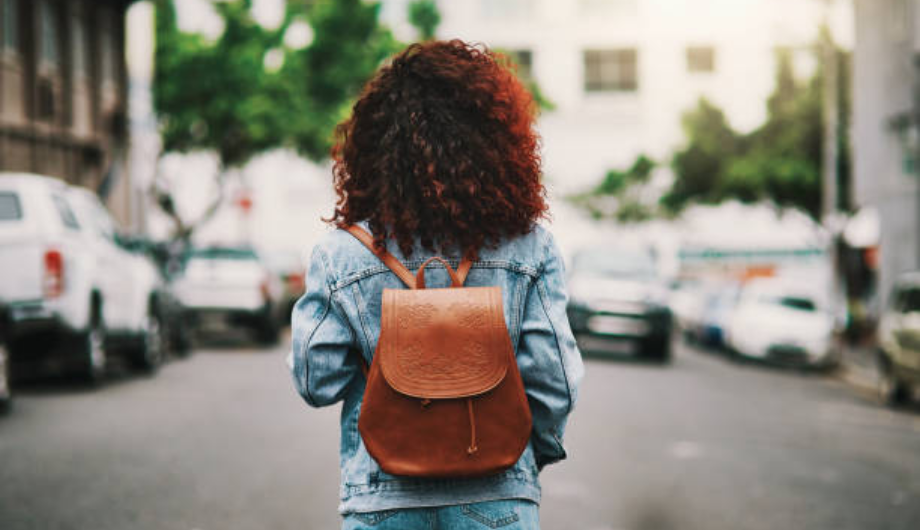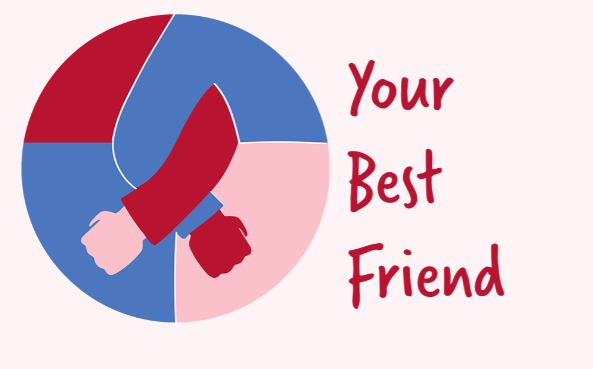
Notes to Editors
SafeLives’ research into the quality and delivery of the RSE curriculum builds on and reinforces the calls by several partner organisations working in this space:
- Girlguiding have called for better quality relationships and sex education to tackle violence against women and girls, after their Girls’ Attitudes Survey 2022 found one in five girls in England don’t feel safe at school.
- Domestic abuse charity Tender has invested in developing and delivering an effective Whole School Approach programme to prevent abuse and promote healthy relationships amongst young people.
- In 2021, in response to an Ofsted review which found that sexual harassment in schools and colleges is widespread, End Violence Against Women and partners across the Domestic abuse and VAWG sector wrote a letter to the Education Secretary calling for the creation of a taskforce that will drive the Whole Schools
- Approach in schools and to ensure that RSE is not sidelined after Covid disruption.
SafeLives welcome the leading recommendation of the review, which we have campaigned for, that a ‘whole school approach’ is needed so that schools and college leaders can create a culture where sexual harassment and online sexual abuse are not tolerated.

